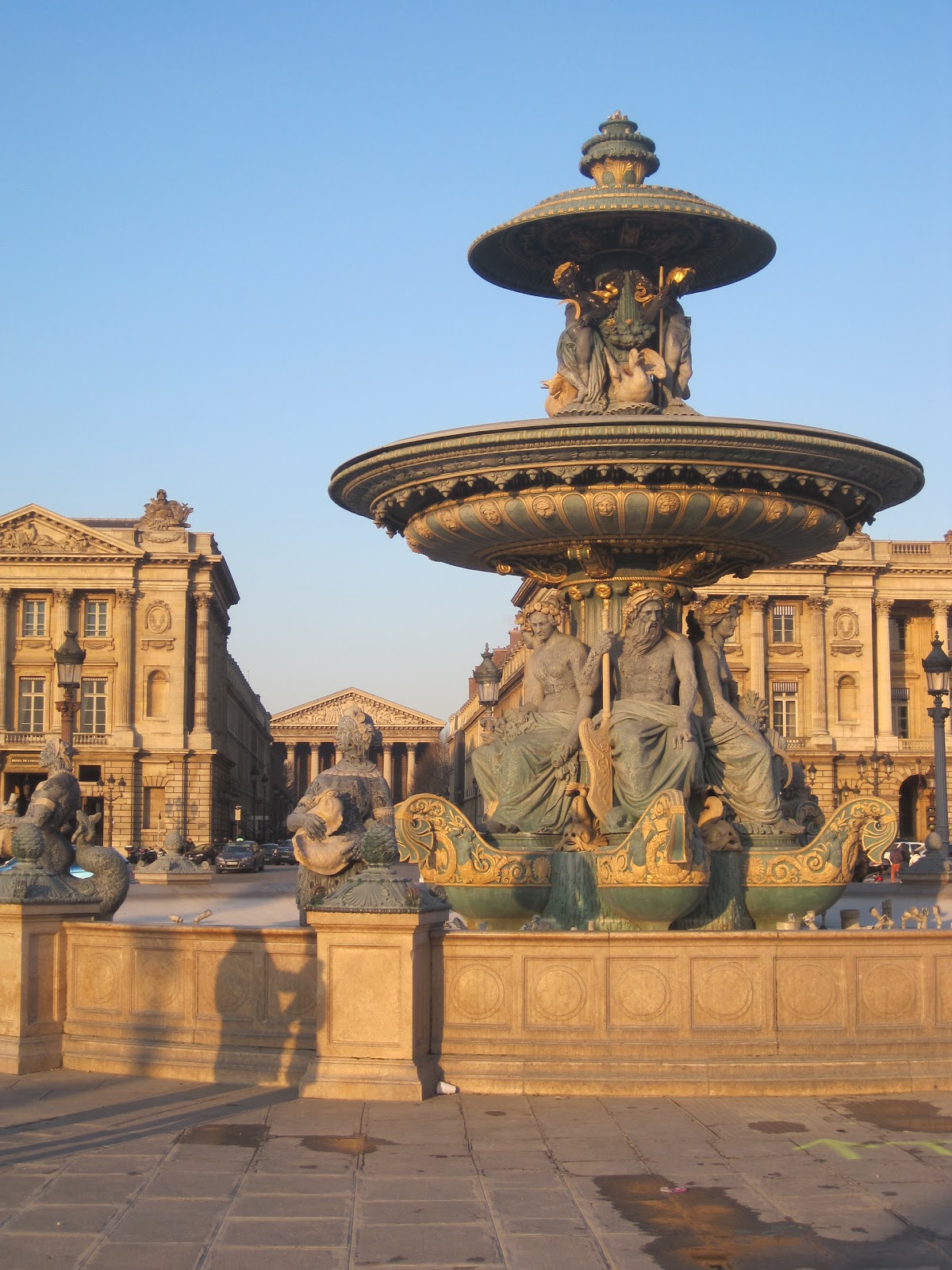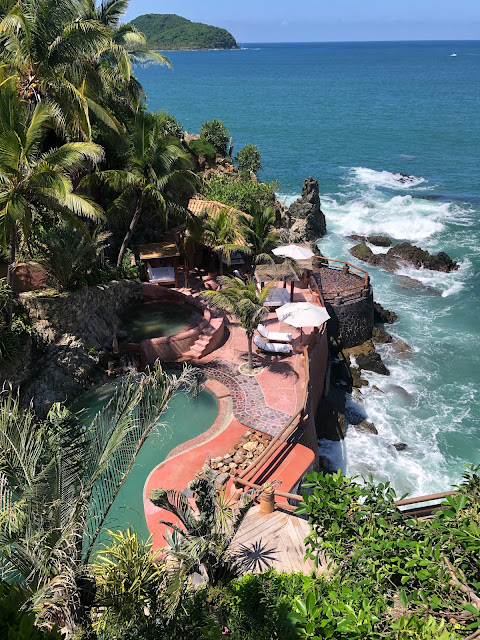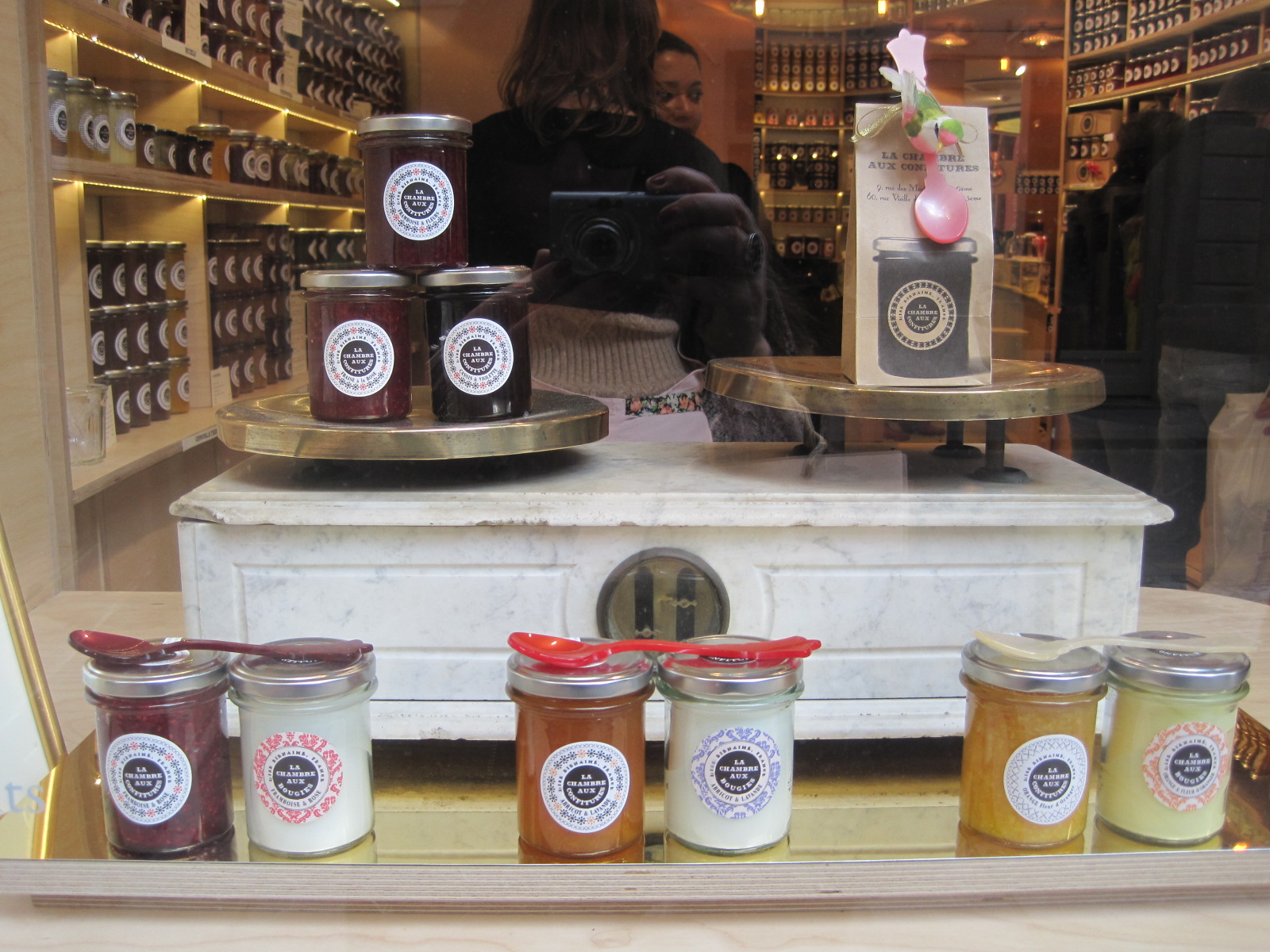Touring Algeria - An Introduction
 NOTE: Our trip to Algeria was part of a fifty day journey for my fiftieth birthday. You can see the raison d'être, as well as the full itinerary in my "Anatomy of a Trip" blogpost here.
NOTE: Our trip to Algeria was part of a fifty day journey for my fiftieth birthday. You can see the raison d'être, as well as the full itinerary in my "Anatomy of a Trip" blogpost here.
What do you know about Algeria? That it's the largest country in Africa? That there was a civil war in the 1990s? That there's oil in the desert?!! So many of our trips start with ignorance and that's not necessarily a bad thing because it means we arrive ready to learn. I was interested in following Roman, Christian and Islamic histories, but we also wanted to get at least an introduction to contemporary culture and issues in the country. With only ten days in Algeria it was a brief and very specific overview, but I can say we encountered nothing but warmth, welcome and interest.
In fact a visit to a place like Algeria makes you feel very much more important and interesting than you really are; people want to talk to you, to take a picture with you, see below, to practice their English or to ask whether you like their country. They'll offer you tea or to share a picnic and all of this is entirely without guile, or the eye to closing a sale that you may have encountered in neighboring Morocco.
In fact a visit to a place like Algeria makes you feel very much more important and interesting than you really are; people want to talk to you, to take a picture with you, see below, to practice their English or to ask whether you like their country. They'll offer you tea or to share a picnic and all of this is entirely without guile, or the eye to closing a sale that you may have encountered in neighboring Morocco.
WHEN TO GO AND WHAT YOU'LL FIND...
Algeria just doesn't get that many foreign tourists, perhaps because people perceive it as unsafe or perhaps in part because it has a rather tedious and expensive visa requirement. It's worth noting, and you might be reassured to know, that the US State Department gives Algeria the same level two warning it gives for France, "exercise increased caution". Indeed a recent paper from the Counterterrorism Center at Wespoint notes that, "Algeria is a rare and oft unacknowledged counterterrorism success story." Indeed an important milestone was passed in 2018, which became the first year since 1992 that the country suffered no terrorist bombings. Whatever the costs of this success, the Algerian government takes the safety of tourists extremely seriously and we were given a police escort in the areas between Constantine and Biskra. I didn't feel unsafe and we were told the government was reacting to an incident that happened in neighboring Morocco rather than any targeting of tourists in Algeria itself. I can't tell you how to feel about safety, and there are no guarantees in life wherever you travel, but we had a wonderful trip.
When to visit? While some visitors do come at the end of the year, the spring and fall are recommended. When we saw other foreigners, we often found they were expatriates living in Algiers who were taking time over the holidays to tour the country. We were fascinated to meet five women from China traveling in Ghardaia, several were teaching Chinese in Algiers while the others were learning Arabic, all part of the Chinese government's attempts to strengthen their place and position in Africa.
When to visit? While some visitors do come at the end of the year, the spring and fall are recommended. When we saw other foreigners, we often found they were expatriates living in Algiers who were taking time over the holidays to tour the country. We were fascinated to meet five women from China traveling in Ghardaia, several were teaching Chinese in Algiers while the others were learning Arabic, all part of the Chinese government's attempts to strengthen their place and position in Africa.
The New Year, while cold, is a popular time for domestic tourists and it was fun to encounter so many Algerians including families and multiple scout groups exploring their own country. However, if you want to visit when the Roman sites are empty come after the first two weeks in January when the school holidays are over. It's worth noting that Algeria remains an affordable destination and it's well developed for domestic tourists making it an easy place to travel.
RECENT HISTORIES...
An abiding sense of the colonial past and how hard the Algerians fought for their independence is is one of the first things you'll learn when visiting the country. Algeria was of course a French colony (1830-1962), although in the French imagination it was France itself. It was a special case, unlike the other colonies in North Africa, as Algeria was home to millions of European settlers, the so called "Pied Noir". Interestingly these citizens were not all French, and their origins drew from across southern Europe and included settlers from Italy, Malta and Spain. In many ways the "Pied Noir" are part of similar movements of European emigration seen through the 19th and early 20th centuries to place like Argentina, Australia, Mexico and the United States. It is worth noting that the "Pied Noir" born population included well known French intellectuals like Althusser and Derrida, the novelist Albert Camus and the designer Yves Saint Laurent who was born and raised in the Algerian city of Oran. The central square in the town of Cherchell below which has a real feel of provincial France.
A ten day visit to Algeria doesn't qualify me to summarize the bloody and tragic history of the independence struggle in a paragraph or two, but I can recommend Alistair Horne's A Savage War of Peace: Algeria 1954-1962 which outlines the French failure to live up to equality and fraternity, and the descent into violence revolution and guerrilla warfare. There were civilian deaths and barbarity on both sides and the situation in Algeria brought down successive French governments. There is no question that the Algerian people suffered exponentially greater losses and were systematically torture by the French State.
The UNESCO site of Djemila below.
Post colonial monument to Emir Abdelkader who led the armed struggle against French colonial rule in the Nineteenth Century (above), juxtaposed with French colonial buildings lining the boulevards in contemporary Algiers (below).
It was only last year that French President Macron admitted culpability in the murder and torture of Maurice Audin, a French supporter of decolonization. Macron acknowledged that the French state had a "duty of truth" but this was indeed only the very beginning of acknowledging all that happened in Algeria. I was shocked to learn over one million Muslim Algerians died in the independence struggle and more than 200,000 are estimated to have died during the civil war in the 1990s. In this period known as the "Dark Decade", the Algerian government fought a violent and repressive campaign against a powerful Islamic insurgency - while simultaneously targeting dissent amongst intellectuals and writers. These complicated history have to be acknowledged but shouldn't put you off visiting Algerian and you'll certainly see French visitors, many of whom have family connections to the country. Frankly the biggest problem we had in Algeria was deciding where to go and what we could fit in. The UNESCO site of Djemila below.
HOW WE TRAVELLED...
Over the last ten years we've slowed much of our travel down, spending more time in New York, renting apartments for a month in Rome and Lisbon, four months in Paris and three in London. On our last trip to Asia we spent twelve days in Bangkok. But I've always had a penchant for crazy itineraries tying together disparate elements and on this trip we forgot all about slow travel and raced across Algeria, driving miles everyday, chasing from one site to the next. I loved it in part because having a car, driver and guide made it all so easy. We just turned up to learn and look every day, it was such a luxury. People tell us we are adventurous to go to places like Algeria, but when you have this type of back up it's all very comfortable and not challenging at all. In fact I'd say our travel is very much in the tradition of bourgeois Victorian tourists! Plenty of people travel independently in Algeria and there's no need for a driver or guide but they helped us cover a great deal of ground in a short time which was highly advantageous. more from Djemila below
WHERE TO GO...
Because we only had ten days in Algeria we couldn't see everything! We would have loved to have visited the coastal city of Oran and Tiemcen, the Islamic capital of culture in 2011, or Annaba which was significant in the history of St .Augustine. Several people recommended we visit the desert regions including El Oued, Tassili or Tamarasse but camping in the winter cold wasn't appealing. Instead we decided to focus on Roman history at the UNESCO World Heritage sites of Djemila, Timgad and Tipasa, and to combine them with a trip to the traditional, walled desert hill cities of the Ghardaia region. We also visited Algiers, and Constantine a fascinating city known to the Romans as Cirta and which is famous for multiple bridges spanning the dramatic gorge that cuts through the city. For anyone who is interested in the logistics of our trip here is our itinerary, we could have spent much longer in Algeria and we look forward to returning.
Algiers (two night) - the first day we explored the city on foot and then took a day trip out to Tipasa seeing the archeology museum and market at Chercell, a beautiful aqueduct and the Numidian tomb on the way.
Batna (three nights) - we drove through the mountains to Batna which proved to be a comfortable base. We visited the Roman site of Djemila on the way there and saw Timgad, and the incredible Gorge of Tighanimine (above and below) with El Kantara on subsequent days.
Constantine (one night) We drove to Constantine (above) and had two days to explore the city, including the mosque, bridges, the casbah and the Palace of Ahmed Bey (below).
Ghardaia (three nights) We timed the program to take the direct flight from Constantine which saved going through Algiers. We had two full days in Ghardaia (picture below) which gave us time to explore the hill towns and to take a tour of the irrigation system in the palm groves.
Algiers (one night) On our final day in Algiers we explored the casbah. We had a wonderful lunch with our guide in her beautiful home and I visited the local hamman.
The mid-range hotels where we stayed were well located, comfortable and affordable. We stayed at the ST in Algiers, the family run Hotel Hazem in Batna, and the generic but central Ibis in Constantine. Views from the beautiful city of Constantine below.
Unfortunately I can't recommend our hotel in Ghardaia.
The Roman city of Timgad below, the Roman sites were a revelation and I'll certainly be blogging about them.
Algiers (two night) - the first day we explored the city on foot and then took a day trip out to Tipasa seeing the archeology museum and market at Chercell, a beautiful aqueduct and the Numidian tomb on the way.
Batna (three nights) - we drove through the mountains to Batna which proved to be a comfortable base. We visited the Roman site of Djemila on the way there and saw Timgad, and the incredible Gorge of Tighanimine (above and below) with El Kantara on subsequent days.
Constantine (one night) We drove to Constantine (above) and had two days to explore the city, including the mosque, bridges, the casbah and the Palace of Ahmed Bey (below).
Ghardaia (three nights) We timed the program to take the direct flight from Constantine which saved going through Algiers. We had two full days in Ghardaia (picture below) which gave us time to explore the hill towns and to take a tour of the irrigation system in the palm groves.
Algiers (one night) On our final day in Algiers we explored the casbah. We had a wonderful lunch with our guide in her beautiful home and I visited the local hamman.
The mid-range hotels where we stayed were well located, comfortable and affordable. We stayed at the ST in Algiers, the family run Hotel Hazem in Batna, and the generic but central Ibis in Constantine. Views from the beautiful city of Constantine below.
Unfortunately I can't recommend our hotel in Ghardaia.
The Roman city of Timgad below, the Roman sites were a revelation and I'll certainly be blogging about them.
TRAVEL AGENT...
When I've had a good experience with a travel agent I'm happy to promote them on the blog. I've loved so many of our local travel agents like Waleed in Sudan at Lendi Travel, Mr Simaan at Djed Egypt or Enoch and Petra of Afia Tours in Ghana. These are people I'd recommend unreservedly and while we had a great guide and a very positive experience for the bulk of the trip I can't recommend our agent as our interactions ran into some difficulties in Ghardaia. To put it kindly, they were less than transparent. It's one thing to have something go wrong (unexpected things pop up all the time when you travel) but it's another to obfuscate and then ignore the client.
GET IN CONTACT... So if you are thinking about visiting Algeria feel free to contact me directly for suggestions, advice and recommendations. I'm happy to help with any itinerary or visa question. I'll be blogging about the major destinations and you can see photographs and further discussions about our Algeria trip on Instagram @welltravbrit .
Lambaesis near Batna below. This was the camp of the Third Roman Legion established from123-129AD under the emperor Hadrian.




























Comments